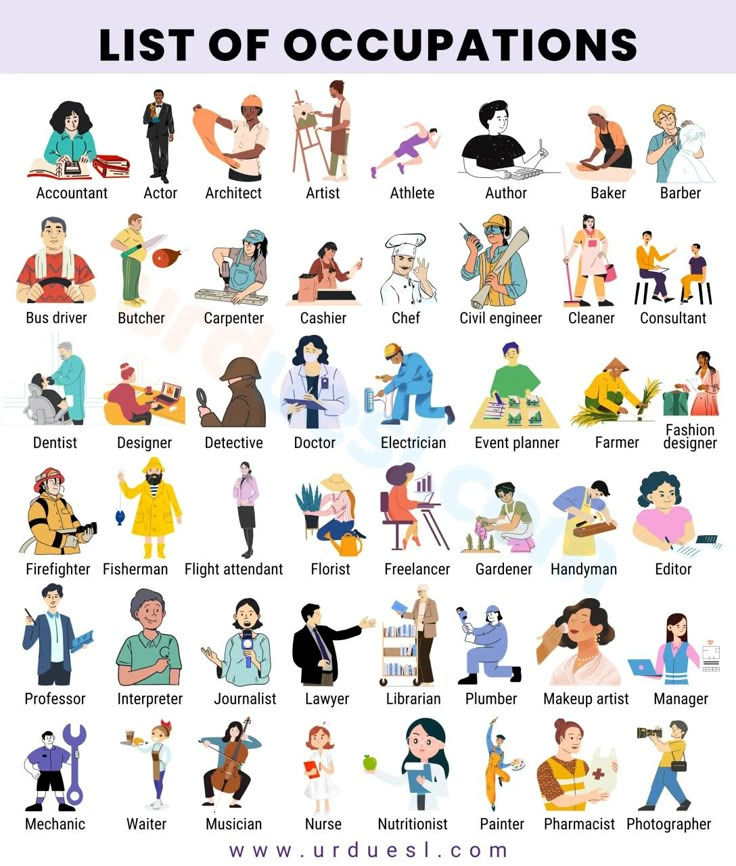Is Computer Science Dying? Industry Trends, Opportunities, and Realities in 2025
Introduction: The State of Computer Science in 2025
As technology continues to reshape every industry, concerns occasionally surface about the sustainability of computer science as a career path. Is computer science dying, oversaturated, or losing relevance? This article examines current trends, market realities, and what prospective and current professionals can expect, using the latest verified data and expert guidance.
Current Job Market Trends and Supply-Demand Dynamics
The demand for computer science professionals remains robust across industries in 2025. Despite a noticeable increase in graduates and accessible tech education, the job market is not oversaturated. According to industry research, digital transformation in sectors like finance, healthcare, and education continues to fuel the need for skilled software engineers, data scientists, cybersecurity specialists, and IT professionals. Opportunities are expanding as new technologies emerge, rather than contracting [1] .
The accessibility of coding bootcamps, online courses, and self-taught pathways has led to more candidates, but the diversity of roles and specializations means the market can absorb this growth. For those seeking to enter or advance in the field, it is crucial to stay current with evolving technologies and to develop both foundational and specialized skills.
Salary Projections and Employment Outlook
Computer science majors remain among the top-paid graduates. In 2025, the projected average starting salary for computer science bachelor’s degree holders is $84,960, with engineering graduates averaging $78,731. While the salary growth is relatively flat compared to previous years, nearly a quarter of employers surveyed intend to hire computer science graduates, underscoring strong demand [2] .
The U.S. Bureau of Labor Statistics (BLS) projects that overall employment in computer and information technology occupations will grow much faster than the average for all jobs between 2023 and 2033. Approximately 356,700 new openings are expected annually, driven by both growth and the need to replace retiring workers. The median annual wage for computer and IT professionals in May 2024 was $105,990, more than double the national median for all occupations [3] .
Specialized Roles and Industry Needs
Computer science spans a wide variety of occupations, with many specialized roles seeing particularly high demand:
- Software Engineers : Average annual salary of about $95,000, with demand projected to increase by 17% through 2033. Principal software engineers can earn up to $151,000, often leading project teams and technical strategy.
- Systems Engineers : Design and maintain IT infrastructure, earning close to $88,000 per year. Principal systems engineers command around $143,000 annually.
- AI and Machine Learning Specialists : Employers are actively seeking professionals skilled in emerging technologies for both research and development.
These figures reflect a healthy market, though salaries and opportunities can vary based on location, experience, and specialization [4] .
Challenges Facing Computer Science Graduates
Despite the positive outlook, some challenges exist. A higher-than-usual unemployment rate for computer science graduates, currently over 6%, has been observed in 2025. However, this rate is still on par or better than many other fields. The competitive landscape means job seekers must differentiate themselves through advanced skills, real-world experience (such as internships or project portfolios), and adaptability to new technologies [5] .
It is important to note that not every role involves programming exclusively. Many positions require strong analytical, project management, and communication skills. For example, software developers often work on designing systems, planning integrations, and solving complex problems beyond writing code.

Source: amazon.com
Impact of Emerging Technologies and AI
The rise of artificial intelligence (AI) and machine learning has led to speculation about the future relevance of computer science careers. While some routine programming tasks have seen automation, the overall effect has been to increase demand for professionals who can design, manage, and improve intelligent systems. The BLS data shows growth in nearly every computer science-related category except for a few declining roles, offset by dramatic expansion in others [5] .
To remain competitive, professionals should focus on developing expertise in areas resistant to automation, such as system architecture, security, and advanced data science. Additionally, building a portfolio of complex projects or contributing to open-source initiatives can showcase skills to prospective employers.
Actionable Steps for Prospective and Current Computer Science Professionals
If you are considering a computer science career or seeking advancement, here are practical steps to succeed in the current market:
- Stay Current with Technology: Regularly update your skills through accredited online courses, professional certifications, and industry publications. Major universities and platforms such as edX and Coursera offer verified programs in advanced computer science topics.
- Build a Diverse Portfolio: Work on real-world projects, participate in internships, or contribute to open-source communities. Employers value demonstrable experience and problem-solving capabilities.
- Network and Seek Mentorship: Join professional organizations like the Association for Computing Machinery (ACM) or attend industry conferences to build connections and gain insights into emerging trends.
- Prepare for Competitive Job Searches: Tailor your resume and online profiles to highlight specialized skills and achievements. Consider seeking career coaching from your university’s career center or professional organizations.
- Consider Alternative Pathways: If you face challenges in traditional roles, explore adjacent fields such as data analysis, IT project management, or technical sales, where your skills may be highly valued.
If you are a recent graduate struggling to find employment, consult your university’s career services for guidance on resume building, interview preparation, and networking strategies. You may also search for job opportunities on established sites such as LinkedIn or Indeed, filtering for tech roles and internships.
Alternatives and Future-Proofing Your Career
If traditional programming roles appear saturated in your region, consider expanding your skill set to include cybersecurity, cloud computing, or data engineering. These areas are experiencing rapid growth and often have fewer qualified candidates.
You can also increase your employability by pursuing professional certifications (such as CompTIA, AWS, or Microsoft) or enrolling in specialized master’s programs. Many employers value candidates who demonstrate a commitment to ongoing learning and professional development.
Summary: Is Computer Science Dying?
Computer science is not dying. Instead, the field is evolving rapidly, creating new opportunities and challenges for professionals. The job market remains strong, salaries are competitive, and new technologies continue to drive demand for skilled workers. Success in computer science requires adaptability, continuous learning, and a willingness to explore emerging roles. For anyone considering a career in this field, the future is promising, provided you stay proactive and informed.

Source: walmart.com
References
- [1] UECampus (2025). Computer Science Job Market 2025: Oversaturation and Trends.
- [2] NACE (2025). Engineering, Computer Sciences Top Salary Projections for Class of 2025 Bachelor’s Grads.
- [3] U.S. Bureau of Labor Statistics (2025). Computer and Information Technology Occupations.
- [4] Case Western Reserve University (2025). CS Job Market Overview: Computer Science Salaries in 2025.
- [5] Boise State University (2025). Computer Science Education in the Age of AI.


